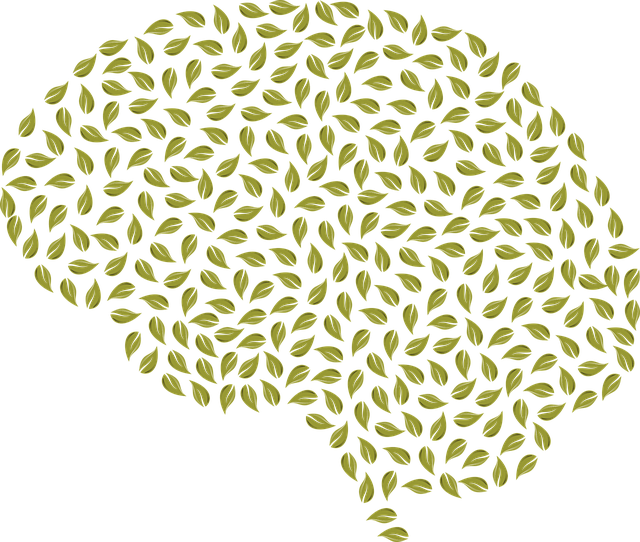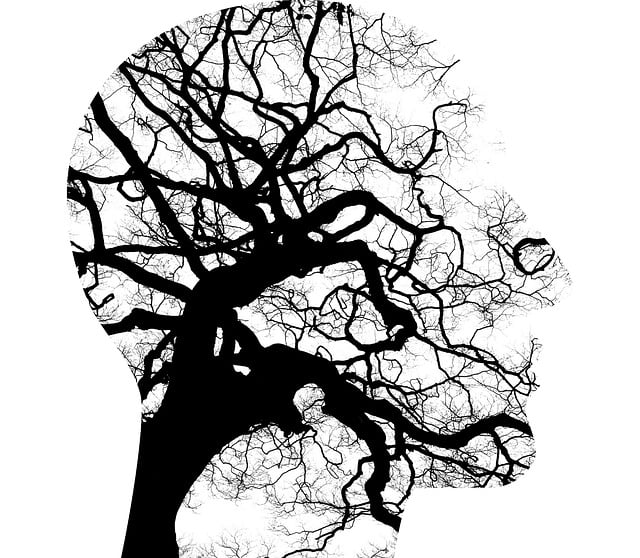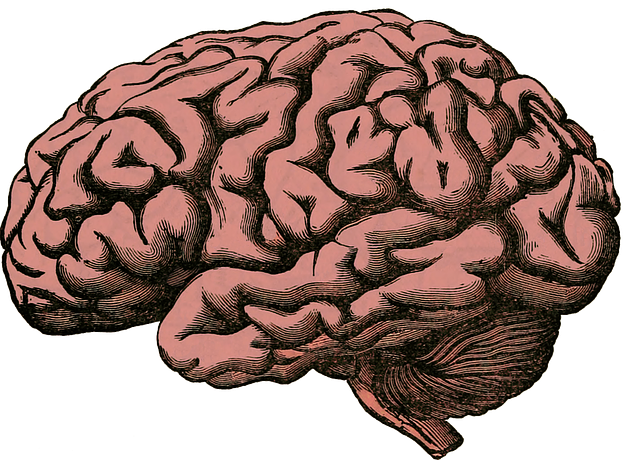Mental illness diagnosis faces challenges due to stigma, limited access, and overlapping symptoms. Lakewood International Adoptions Therapy (LIAT) offers a groundbreaking approach by providing comprehensive trauma-focused services, holistically assessing clients' experiences, and promoting self-care practices. Through evidence-based strategies, advanced assessment tools, and continuous learning for healthcare providers, LIAT strives to improve diagnostic accuracy and mental health outcomes, particularly in adoption and foster care settings. Training and education are crucial for enhancing diagnosis reliability, ensuring a holistic approach tailored to diverse patient needs.
Mental illness diagnosis accuracy is a critical aspect of healthcare, yet it remains a challenging area. This article explores efforts to improve diagnostic precision, focusing on unique approaches like Lakewood International Adopts Therapy. We delve into the current landscape, examining challenges and opportunities. Additionally, we highlight evidence-based strategies and emphasize the role of training and education in empowering healthcare professionals. By integrating these insights, we aim to enhance mental health care accessibility and effectiveness.
- Understanding Mental Illness Diagnosis: The Current Landscape
- Lakewood International Adoptions Therapy: A Unique Approach
- Enhancing Diagnostic Accuracy: Evidence-Based Strategies
- Training and Education: Empowering Healthcare Professionals
Understanding Mental Illness Diagnosis: The Current Landscape

Mental illness diagnosis is a complex process that involves understanding a wide array of symptoms and behaviors. The current landscape in this domain is marked by challenges stemming from stigma, lack of public awareness, and limited access to quality mental health services. According to research, many individuals face misdiagnosis or undiagnosis, leading to prolonged suffering and delayed treatment. This issue is further complicated by the diverse nature of mental health conditions, which can often present with overlapping symptoms.
At Lakewood International Adoptions Therapy, we recognize the critical need for accurate diagnosis. We advocate for comprehensive assessments that consider not just clinical presentations but also individual life histories and cultural contexts. Our efforts are part of a broader push towards improving public awareness campaigns on mental health, encouraging self-care practices, and offering anxiety relief strategies. By integrating these initiatives, we aim to enhance the accuracy of mental illness diagnoses and ultimately improve patient outcomes.
Lakewood International Adoptions Therapy: A Unique Approach

Lakewood International Adoptions Therapy (LIAT) stands out as a pioneering approach to enhancing mental health diagnosis accuracy, particularly in adoption and foster care contexts. This innovative program recognizes that many individuals within these systems often face unique challenges stemming from complex pasts, including trauma and loss. LIAT focuses on building resilience through tailored therapy sessions, incorporating self-care practices designed to help clients navigate their emotional journeys effectively.
By prioritizing trauma support services, LIAT goes beyond traditional diagnostic methods. It aims to understand the individual’s experiences holistically, ensuring that diagnosis is not just a label but a comprehensive assessment of their mental health landscape. This unique approach not only improves diagnostic accuracy but also empowers individuals with tools for self-care and long-term well-being.
Enhancing Diagnostic Accuracy: Evidence-Based Strategies

Improving mental illness diagnosis accuracy is a multifaceted endeavor, with evidence-based strategies playing a pivotal role in ensuring effective treatment and support. At Lakewood International Adoptions Therapy, we’ve observed that integrating advanced assessment tools and clinical training significantly enhances diagnostic precision. By promoting a culture of continuous learning among healthcare providers, we can foster better understanding of complex mental health conditions.
In addition to these efforts, Burnout Prevention Strategies for Healthcare Providers and Self-Care Routine Development for Better Mental Health are crucial components in maintaining optimal performance and empathy. Raising awareness about mental health issues through initiatives like Lakewood International Adoptions Therapy’s outreach programs contributes to a more supportive societal environment. This, in turn, encourages open conversations and early interventions, ultimately leading to improved diagnostic accuracy and better outcomes for individuals navigating their mental health journeys.
Training and Education: Empowering Healthcare Professionals

Training and education play a pivotal role in enhancing the accuracy of mental illness diagnoses, especially in diverse healthcare settings like Lakewood International Adoptions Therapy. Healthcare professionals are at the forefront of identifying and treating mental health conditions, making their skills and knowledge crucial for effective patient care. Comprehensive training programs that focus on up-to-date assessment techniques and diagnostic criteria can significantly improve diagnosis accuracy. These programs should cover various aspects, including crisis intervention guidance, to enable healthcare workers to handle urgent situations adeptly.
By investing in ongoing education, mental health professionals can stay abreast of emerging research and best practices. This includes learning about the latest advancements in Mental Health Policy Analysis and Advocacy, which influence diagnostic guidelines. Furthermore, training should emphasize Emotional Well-being Promotion Techniques to ensure a holistic approach to patient care, fostering accurate diagnoses and successful treatment outcomes.
Mental illness diagnosis accuracy has long been a complex issue, but with efforts like those exemplified by Lakewood International Adoptions Therapy and evidence-based strategies, we’re making strides. Enhancing training and education for healthcare professionals is crucial in this progress. By implementing these improvements, we can ensure better support and care for individuals navigating mental health challenges, ultimately fostering more accurate and effective treatments.














